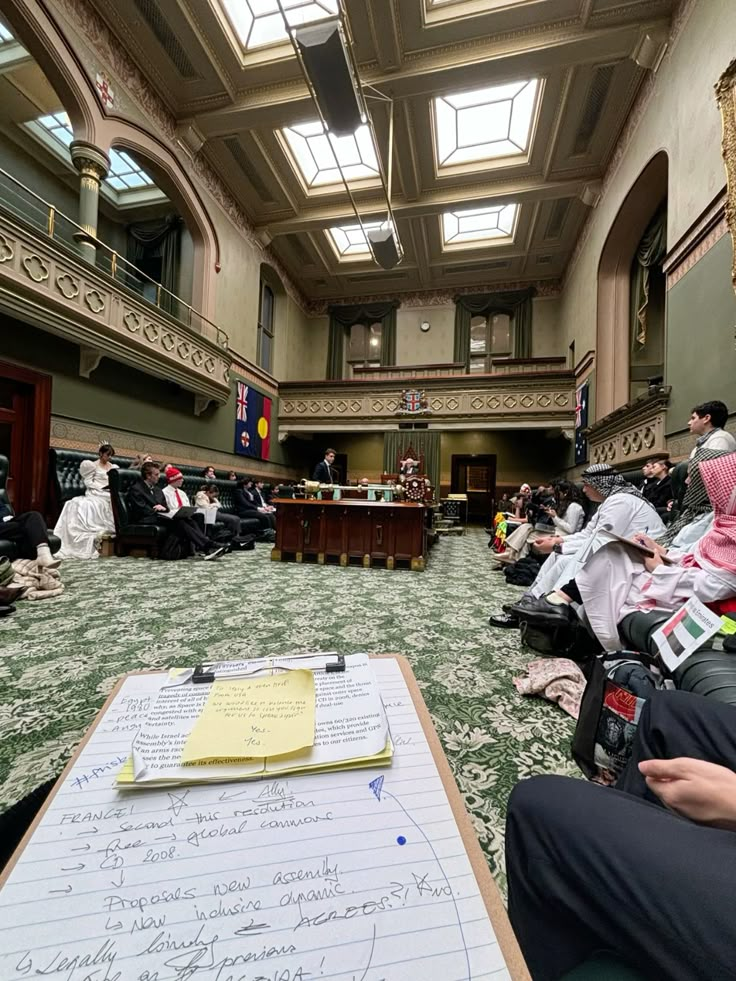Summary of The Free Economy and the Strong State: The Politics of Thatcherism

- Repoter 11
- 04 Jan, 2025
In The Free Economy and the Strong State, Andrew Gamble explores the ideological foundations and political strategies behind Thatcherism, the political doctrine associated with British Prime Minister Margaret Thatcher during her time in office from 1979 to 1990. Gamble argues that Thatcherism is characterized by a powerful tension between two core objectives: Establishing a free market economy Maintaining a strong, authoritative state On one hand, Thatcher’s government sought to unleash market forces by promoting deregulation, privatization of state-owned industries, tax cuts, and the reduction of government intervention in economic life. This agenda was based on a belief in individual entrepreneurship, competition, and the self-regulating nature of free markets. On the other hand, Gamble notes that to implement these radical economic changes, the Thatcher government needed a strong state capable of overcoming resistance from entrenched interests such as trade unions and public sector workers. Thatcher's leadership involved strengthening executive authority, limiting the power of local governments, confronting labor unions, and expanding the role of law enforcement. Thus, Thatcherism combined a neo-liberal economic agenda with a neo-conservative political strategy. The "free economy" emphasized freedom from government control in the market, while the "strong state" emphasized discipline, order, and authority in society. Gamble highlights that this combination was not without contradictions. Promoting economic individualism often conflicted with maintaining social cohesion and national unity. Additionally, while Thatcherism was committed to reducing the size of the state in economic affairs, it simultaneously expanded the state's coercive and administrative powers. Ultimately, Gamble suggests that Thatcherism should be understood not simply as a set of policies, but as a coherent political project aiming to transform both Britain’s economy and its political culture. Its influence continues to shape British politics well beyond Thatcher’s own time in office.
Leave a Reply
Your email address will not be published. Required fields are marked *




